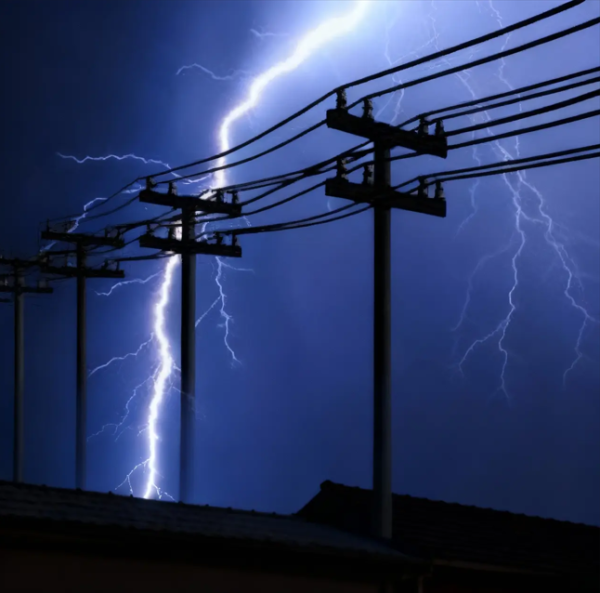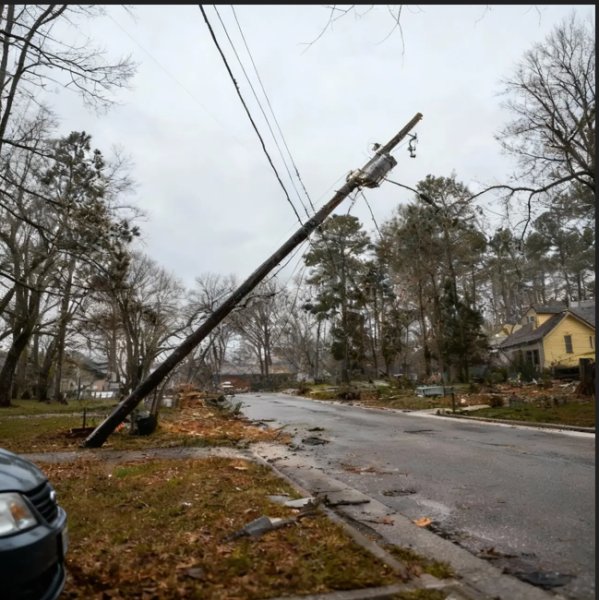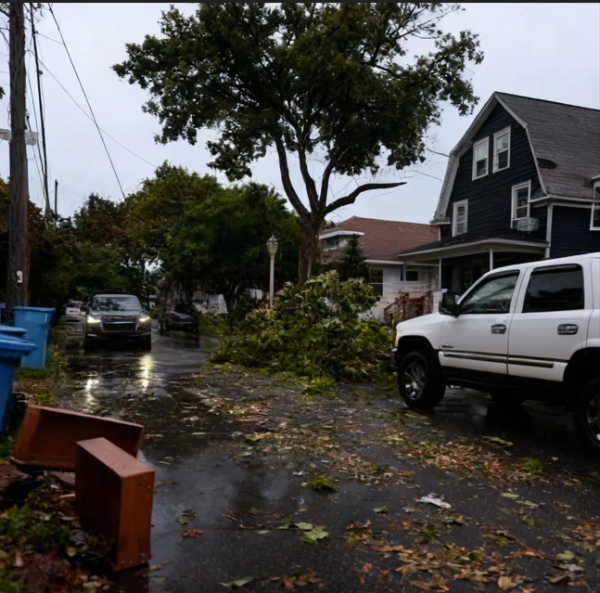ABR Electric Joins Schneider Electric’s 2025 Accelerating Resilient Infrastructure Initiative, Bringing Next-Generation Microgrid and Smart Grid Technology to North Texas
McKinney Electrical Contractor Now Installing EcoStruxure Solutions and Square D Advanced Protection Systems to Prevent Winter Storm Outages Across DFW Region

McKinney, Texas, United States, 11th Nov 2025 – Four years after Winter Storm Uri claimed at least 246 lives and caused up to $130 billion in economic damage, Texas is experiencing unprecedented growth in microgrid installations as businesses and institutions seek energy independence from an increasingly stressed power grid.
Commercial microgrid installations in Texas have grown exponentially from approximately 20 systems in 2016 to more than 300 today—nearly doubling in just the past five years, according to data from the U.S. Department of Energy analyzed by the Federal Reserve Bank of Dallas.
“Texas has more than doubled its commercial microgrid deployment in the past five years,” said Prithvi Kalkunte, an economic programmer with the Dallas Fed. “What we’re seeing is businesses taking energy security into their own hands rather than waiting for grid-level solutions.”
The State’s $1.8 Billion Commitment
The Texas Legislature approved $1.8 billion in funding for the Texas Backup Power Package Program in 2025, marking a significant shift toward distributed energy resilience. The program will support deployment of small-scale, on-site energy systems at essential locations including hospitals, water treatment plants, nursing homes, and police and fire stations.
“ERCOT pointed out in November of last year, if we had a winter storm similar to Winter Storm Uri in February 2021, there was an 80% likelihood of rolling blackouts,” noted Ed Hirs, UH Energy Fellow at the University of Houston. “Prior to that 2021 storm, the likelihood was only 5%.”
ERCOT CEO Pablo Vegas acknowledged publicly that “the reality is risk is increasing. We’re all seeing it,” emphasizing the need for smart infrastructure investments.
Energy-as-a-Service Removes Financial Barriers
A key driver of microgrid adoption has been the emergence of Energy-as-a-Service (EaaS) financing models that eliminate upfront capital expenditures. Major energy infrastructure firms including Schneider Electric have pioneered these models, allowing organizations to deploy microgrids with zero initial investment through long-term power purchase agreements.
“The MaaS model removes the financial risk and complexity,” explains Philip Barton, director of the Microgrid Competency Center at Schneider Electric. “By shifting those risks away from the end user, microgrids-as-a-service frees more businesses and institutions to explore the technology.”

Montgomery County, Maryland recently began construction on a microgrid with a 25-year EaaS agreement, incurring zero upfront costs while modernizing critical infrastructure. North Texas contractors including ABR Electric serving the McKinney and Collin County area report increased inquiries from commercial clients seeking information about microgrid feasibility and Energy-as-a-Service financing options.
Proven Results
The Longview Independent School District in East Texas recently deployed a 4.2 MW solar-microgrid system achieving $450,000 in annual utility cost savings, 9 million pounds in emissions reductions, and complete storm-proof backup capability—all with zero upfront costs through Energy-as-a-Service financing.
During hurricanes Milton, Helene, and Beryl, more than 450 microgrids across six states mitigated over 850 grid disruptions, demonstrating proven resilience value during extreme weather events.
Modern microgrids differ fundamentally from simple backup generators, according to Mahmoud Kabalan, associate professor and director of the Center for Microgrid Research at the University of St. Thomas. “A microgrid generates and supplies its own power in tandem with the grid—whether or not there’s an outage.”

Federal and State Incentives
The 2022 Inflation Reduction Act provides tax credits up to 30% of installation costs for qualifying microgrid projects, with bonus credits of up to 10% for projects in designated “Energy Communities.” Combined with Texas-specific programs and the $1.8 billion state backup power package, these incentives are creating unprecedented opportunities for resilient energy infrastructure deployment.
Becky Klein, former chairman of the Public Utilities Commission of Texas, emphasized the importance of these new technologies. “The Texas Electric Grid has long been the gold-standard among U.S. electric grids. It is vital that we add the resilience provided to ensure Texans continue to benefit from the best electricity delivery platform possible.”
Organizations interested in exploring microgrid feasibility can consult with licensed electrical contractors and energy infrastructure firms specializing in distributed energy resources.
About ABR Electric
ABR Electric (TECL #27762) is a full-service electrical contractor based in McKinney, Texas, serving residential and commercial clients throughout the North Texas region including Allen, Frisco, Plano, Prosper, and surrounding Collin County communities.
Company Details
Organization: ABR Electric Square D
Contact Person: James Adams
Website: https://squared-by-schneiderelectric.pages.dev/
Email: Send Email
Address: HWY380
City: McKinney
State: Texas
Country: United States
Release Id: 11112536789
